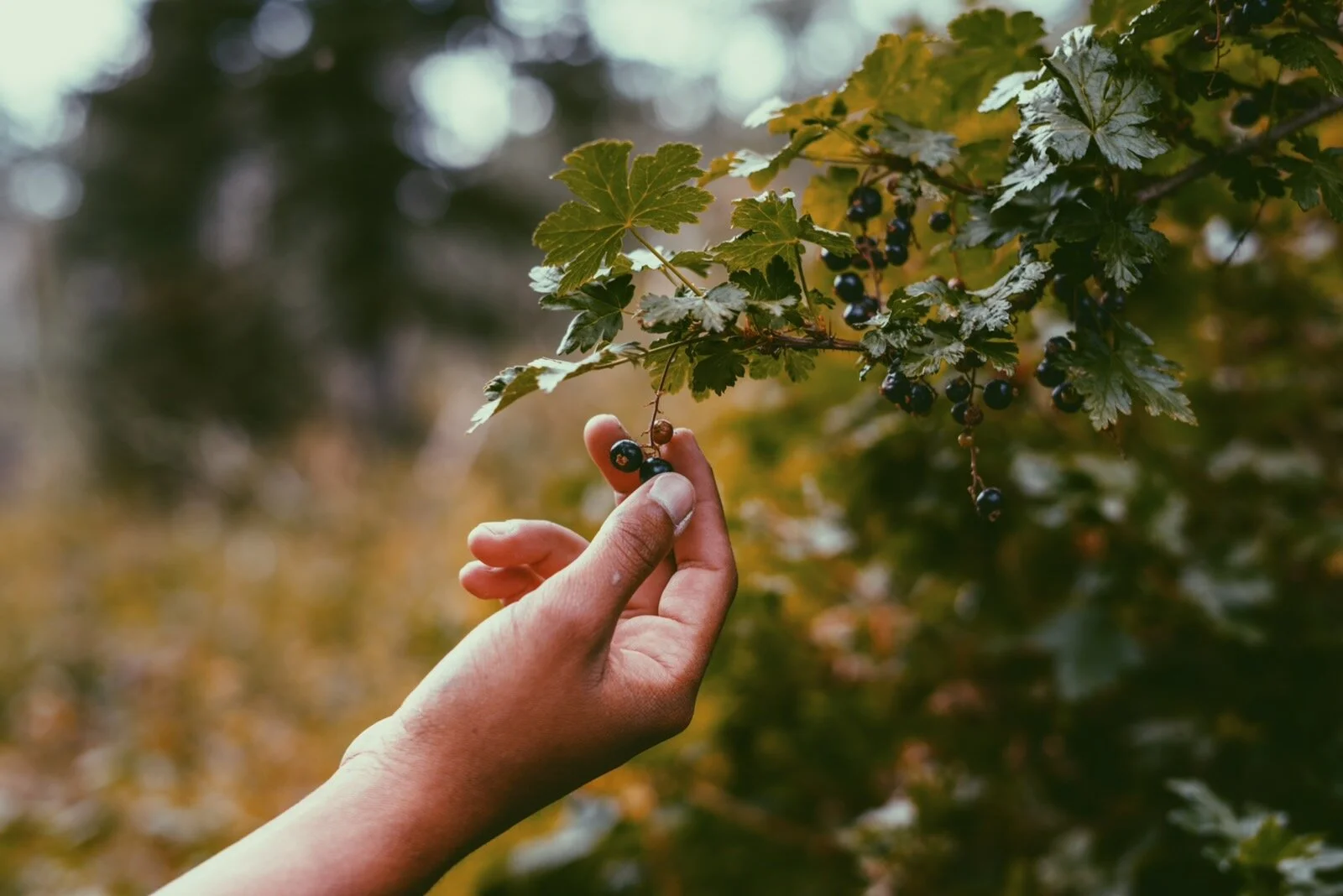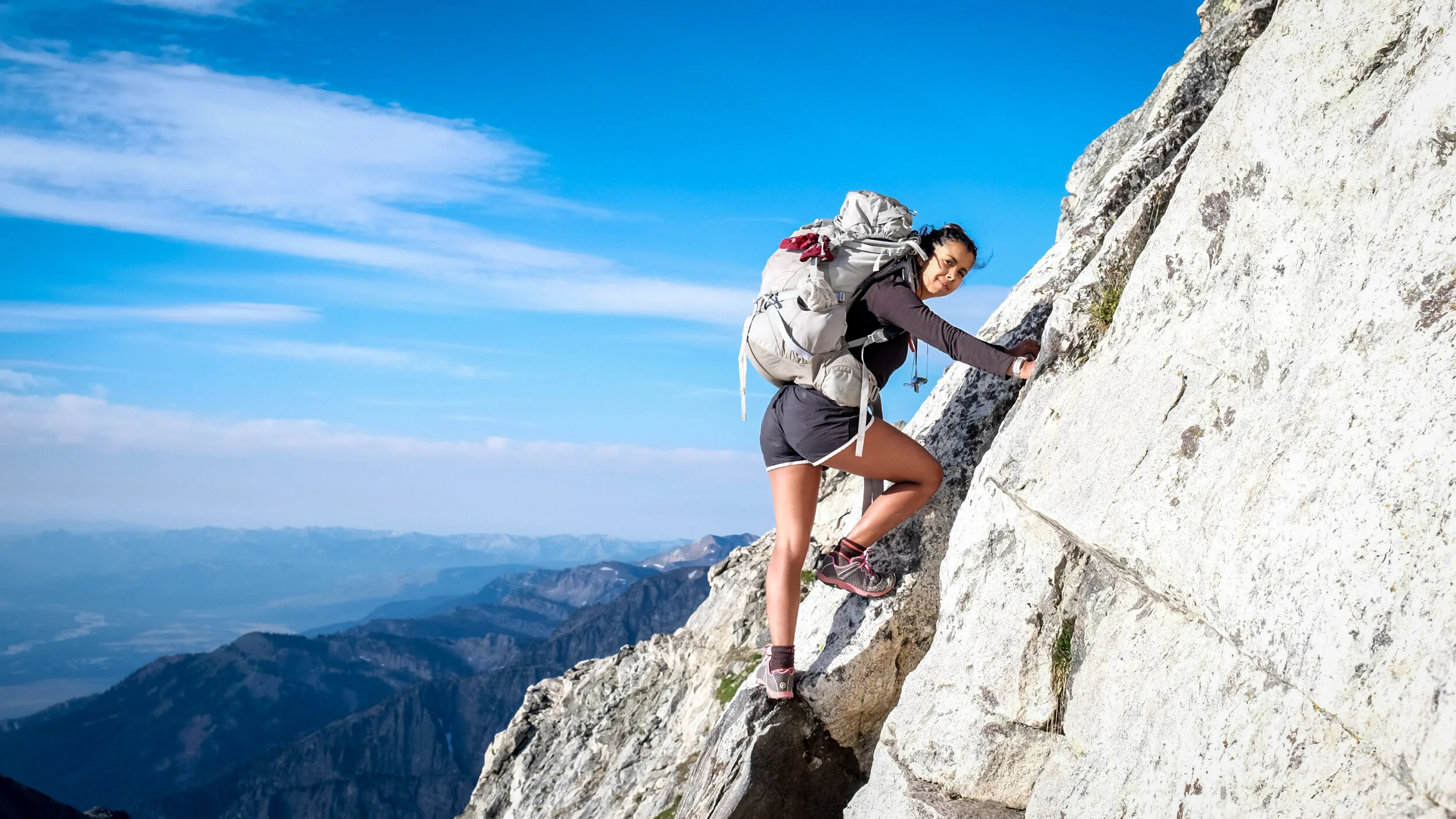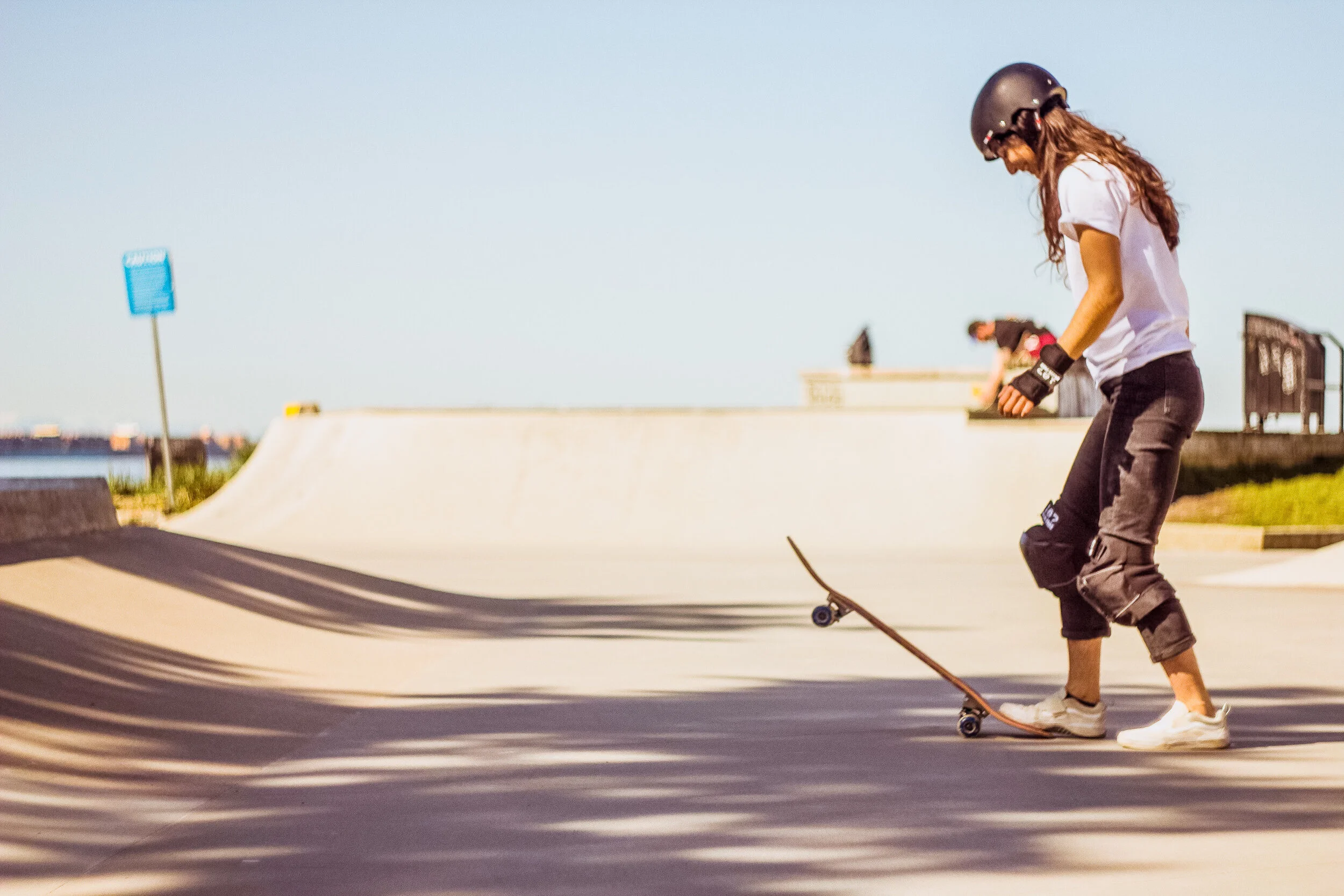Many people have tried to teach me how to do dynos. But for someone like me, who struggles with movement, my brain can’t make my body follow their directions. Then my climbing partner gave me a power spot and everything changed!
Read MoreFive Asian American-led outdoor groups that are helping reshape the industry.
Read MoreEveryone should have access to wild foods and medicines, but not at the expense of Black, Indigenous people of color. So how can we uplift these communities instead of erasing them?
Read MoreBecoming a mountain biker meant occupying a one-size-fits-all identity. It was difficult. If you are brown or different in any way from the white, male, able bodied athletes promoted by major brands, your task is to assimilate.
Read MoreIn the past year, I learned the importance of a good spotter. Having a good relationship with your spotter can give you the confidence to try difficult moves high off the ground.
Read MoreWe so often focus on reasons why Black people should try outdoor adventure sports. Here are a few reasons why you shouldn’t, or why you should at least be careful about who you try them with.
Read MoreEight outdoorsy Black, Indigenous and People of Color (BIPOC) share their mental health stories.
Read MoreIt’s so hard to find an opening to talk about mental health and our mental well-being. Maybe it goes along with the pronouns: “I’m Amy, my pronouns are she/her and I have anxiety and depression.”
Read More“Dealing with mental health issues and having to constantly put on a mask and code switch to survive in a place that’s outside of my culture—all while being one of a handful of Black people in my field—has been stressful.”
Read More“Then it was bad. It’s very normal for people with bipolar to be misdiagnosed with severe depression and to be put on antidepressants, but because the medication doesn’t address the mania, it can be really harmful.”
Read More“For most of my life, [bipolar disorder] always felt like a dark, shameful secret, like a big flaw. Then I hit my mid-thirties and was like, screw it, I’m done. I don’t want to pretend any more.”
Read More“Coming from a background where my parents didn’t really believe in mental illness meant I didn’t get the help I needed until I sought it myself,” said Jessica, an Asian American skydiver from California’s Central Coast.
Read More“People like to say, ‘ponte las pilas’, or just make it work. But it’s not just about survival anymore, it’s also about making sure we’re taking care of our health.”
Read More“I wish the outdoors were more accessible to people of color,” said Thando. “We definitely experience mental health issues at a higher rate because of our experience living in this country.”
Read MoreThe media loves to portray people like me—people experiencing psychotic breaks and those with severe mental illness as violent and predatory. As people who should be locked away.
Read MoreAre you a white hiker interested in creating inclusive outdoor spaces in your community? Get comfortable with examining white culture—naming and potentially deconstructing what you’ve always considered to be normal, or the standard.
Read MoreAs I have worked through decolonizing my own relationship with nature, I have learned that our obsession with summits is obsolete. In fact—it is problematic.
Read MoreTired of buying outdoor goods that compromise your values? Brown Girls Climb is taking action!
Read MoreThe summers get pretty hot here in the Southwest. So what’s a climber to do when heat makes it harder for your hands to hold on and easier for your feet to slip? Sunburns and zapped energy are also part of the struggle. But you don’t have to stay indoors all summer. Here are a few tricks that I use to keep me climbing throughout the summer in the high desert heat!!
Read MoreRecently, skateboarding feels like one of the only ways I can think of to refill my cup. I still climb—the sport I’ve been doing for seven years, but there’s something special about learning something new
Read More




















